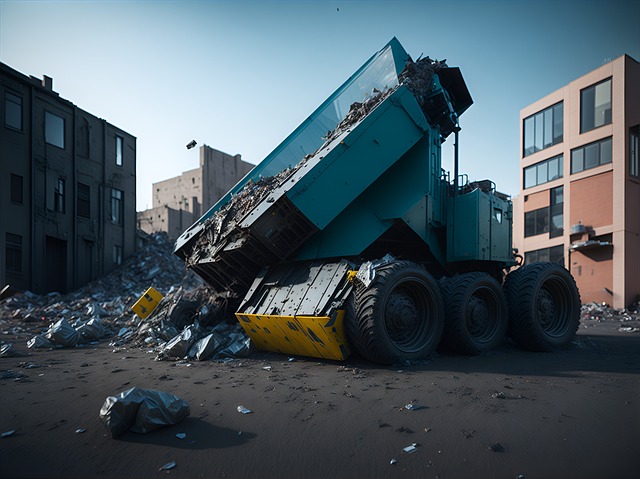
Discover effective strategies for product destruction, including WTE, recycling, and incineration. Protect your brand and ensure compliance with these methods.
Product destruction is part of running a successful business even though that may sound strange. Product destruction is the planned and often scheduled destruction of a company’s products if they have expired, gotten damaged in transit, remained consistently unsold or are leftover from any defined selling period.
This process is done to preserve the patent value of products so they cannot be stolen, reused, resold or otherwise end up in the hands of customers. There is a very real legal risk involved with substandard or old products ending up in the wrong hands since a company can then be held liable for any health problems that result. Time and money may also end up wasted due to copyright infringement cases. Here are some of the most effective strategies and methods to carry out product destruction.
WTE
Waste to energy is a method to generate energy from materials and components that are generally either rubbish or mostly unrecyclable. The energy can then be reinvested into the same business and the latter can cut their energy bills. While not strictly environmentally friendly it is still a method of repurposing products that otherwise need to be destroyed. In turn, the energy produced can probably lower the grid energy that needs to be used which might have been derived from thermal fuels that have a disastrous effect on the environment and produce a significant carbon footprint.
Pulverize Plastic And Similar Materials
Plastic is recyclable since it takes thousands of years to break down naturally in the environment which makes it a huge hazard for land and marine life. Plastic and similar materials can be pulverized to make particles out of them that can then be used to make new products. The business may also choose to outsource the new production to a sustainable company such as a plastic furniture company. Many chemicals cannot be degraded any other way so pulverization offers a safe disposal route.
Recycling
Recycling is usually the preferred method for product destruction as it enables the materials to be reused without compromising the company in any way. The new product does not carry the company’s label and may not be produced by them at all, therefore mitigating the risk of getting sued or being held responsible for quality or health risks. Depending on the nature of the business, it is worthwhile to note that every material cannot be recycled and some elements of a product like chemicals can be dangerous and not reusable.
Incineration or Burning
Incineration is used for total product destruction especially for more dangerous and non-biodegradable materials. Depending on the equipment used, energy can be generated from incineration and channeled back into the business to aid production but that is not always the preferred route. Products that cannot be disposed safely otherwise or would theoretically poison water sources, plants, animals and humans are usually destroyed by incineration.
An Open & Honest Approach
The method of product destruction used needs to be chosen carefully. Some businesses have different kinds of products so will need to use one or more methods in order to ensure product destruction. A business should streamline its operations and duly inform employees about why a certain method has been chosen and wherever relevant the end-user or customer should be given this information too so they can make an informed choice about choosing a certain business’s product. If a business is fairly honest to begin with (without breaching its own privacy laws and legal rights) it can prevent damage caused by products being recalled or sharp falls in demand.
Conclusion
A business is responsible for sensible waste management and properly disposing of its unused, expired or unsold inventory. Product destruction can protect both the business and its customers from any harm coming from a product used outside its approved use and time period.
Was this news helpful?







 Yes, great stuff!
Yes, great stuff! I’m not sure
I’m not sure No, doesn’t relate
No, doesn’t relate



